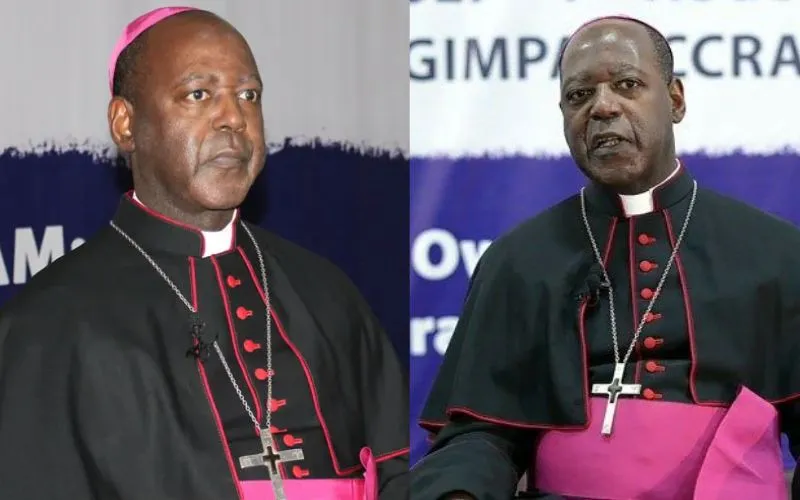He said that Pascal himself acknowledged that “several propositions considered ‘Jansenist’ were indeed contrary to the faith.”
“Even so, some of his own statements, such as those on predestination, drawn from the later theology of Augustine and formulated more severely by Jansen, do not ring true,” Francis said.
The pope adds that “Pascal, for his part, sincerely believed that he was battling an implicit Pelagianism or semi-Pelagianism” in the Jesuit teachings at the time.
“Let us credit Pascal with the candor and sincerity of his intentions,” he said.
Pope Francis has repeatedly spoken of his admiration for the French thinker. In an interview in July 2017, the Jesuit pope said that he believes that Pascal “deserves beatification.”
(Story continues below)
In 2021, the pope called a small handwritten note that was discovered sewn into Pascal’s coat at the time of his death “one of the most original texts in the history of spirituality.”
The note, known as Pascal’s “Memorial,” comes from a mystical experience on the night of Nov. 23, 1654, which caused the philosopher to weep tears of joy.
Among the words written on the page, Pascal wrote: “Jesus Christ. I left him; I fled him, renounced, crucified. Let me never be separated from him. He is only kept securely by the ways taught in the Gospel: renunciation, total and sweet.”
Pascal’s experience on that night in 1654 led him to more fervently practice his Catholic faith with asceticism and written apologetics.
At the time of his “final illness” and death in 1662 at the age of 39, Pascal is reported to have said: “If the physicians tell the truth, and God grants that I recover from this sickness, I am resolved to have no other work or occupation for the rest of my life except to serve the poor.”
Pope Francis highlights how “it is moving to realize that in the last days of his life, so great a genius as Blaise Pascal saw nothing more pressing than the need to devote his energies to works of mercy.”
“May the brilliant work of Blaise Pascal and the example of his life, so profoundly immersed in Jesus Christ, help us to persevere to the end on the path of truth, conversion, and charity,” he said.
Courtney Mares is a Rome Correspondent for Catholic News Agency. A graduate of Harvard University, she has reported from news bureaus on three continents and was awarded the Gardner Fellowship for her work with North Korean refugees.








